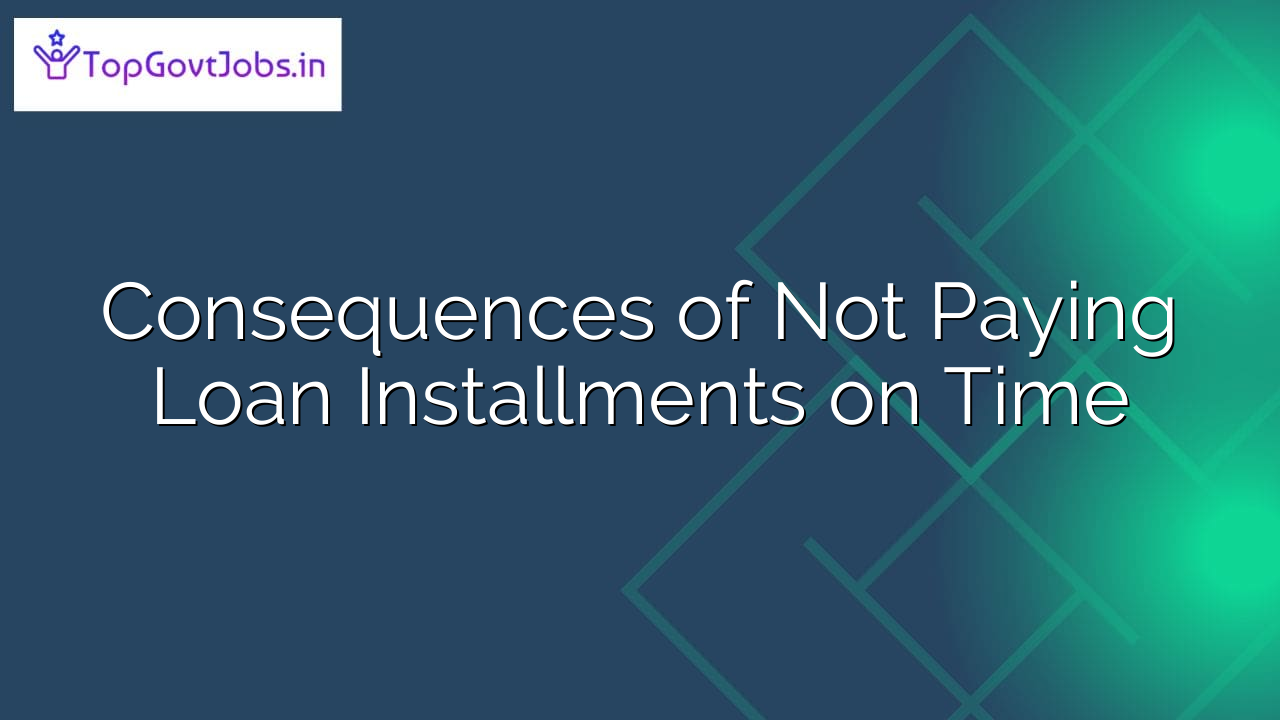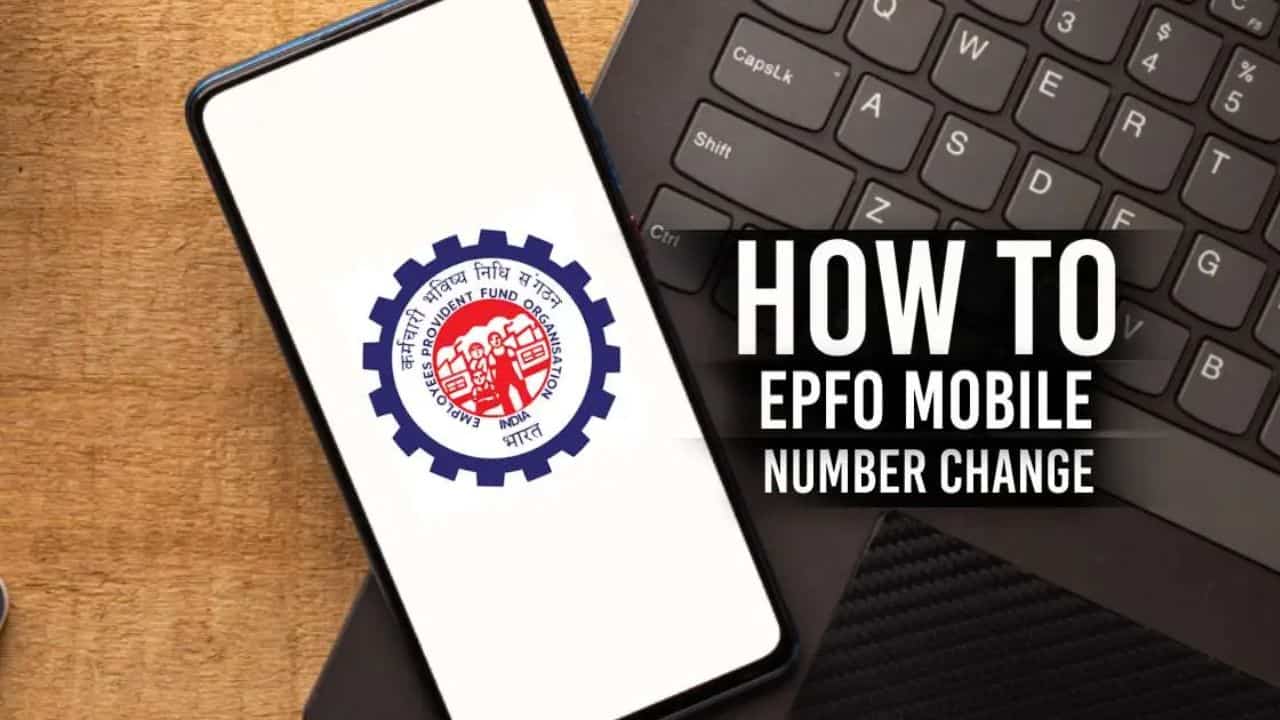In today’s world, the cost of living is constantly rising, making it challenging for the average person to afford big-ticket items like homes, cars, or higher education without financial assistance. As a result, loans have become an integral part of our lives. Whether it’s an education loan to fund your child’s education or a home loan to realize the dream of homeownership, loans play a pivotal role in helping us achieve our goals.
Most individuals strive to pay their Equated Monthly Installments (EMIs) on time to avoid late fees and maintain a good financial standing. However, life is unpredictable, and there can be circumstances that hinder your ability to repay your loan installments promptly. In this blog post, we will explore the significant disadvantages of not repaying your loan installments on time.
When Do You Need a Loan?
Before diving into the consequences of failing to repay loan installments on time, let’s first understand why people opt for loans. The reasons can vary, but essentially, loans become necessary when an individual’s financial resources fall short of fulfilling their needs or desires. Loans offer a way to bridge this gap by providing access to funds with the commitment to repay them over time, along with a predetermined interest rate.

Consequences of Not Paying Loan on Time
Repaying your loans without defaulting on EMIs holds several advantages. It not only benefits your financial health but also has long-term implications for your creditworthiness. Banks and financial institutions consider your credit score, often referred to as the CIBIL score, as a crucial factor when evaluating your eligibility for future loans. Here are some of the benefits of timely loan repayment:
Consequences of Not Paying a Personal Loan:
- Credit Score Drop: Your credit score goes down, making it harder to borrow money in the future.
- Late Fees and More Interest: Lenders may charge extra money as penalties for not paying on time, and your loan could become more expensive.
- Debt Collectors: People may start calling and asking for the money you owe.
- Legal Trouble: If you don’t pay, you could end up in court.
Consequences of Not Paying an Auto Loan:
- Losing Your Car: If you miss payments, the lender can take your car away.
- Selling Your Car: They might sell your car to get back their money.
- Bad Credit: Your credit score gets worse, making it tough to get another car loan.

Consequences of Not Paying a Mortgage (Home Loan):
- Losing Your Home: Not paying your mortgage can lead to losing your home.
- Credit Score Drop: Your credit score goes down, making it harder to get loans in the future.
- Long-Term Trouble: Recovering from losing your home can take a very long time.
Consequences of Not Paying a Student Loan:
- Wage Deductions: They can take money directly from your paycheck.
- Tax Refund Taken: If you get a tax refund, they might take it.
- Credit Damage: Failing to pay hurts your credit, and banks might not lend to you in the future.
Consequences of Not Paying a Business Loan:
- Losing Business Stuff: They might take things from your business.
- Credit Damage: Your business credit gets worse, making it hard to borrow money for your business.
- Legal Issues: Lenders can take you to court to get their money.
Consequences of Not Paying a Payday Loan:
- Debt Cycle: Payday loans can lead to a never-ending cycle of debt.
- Extra Fees: Not paying on time means you owe even more money.
- Collection Efforts: They may use strong methods to collect the debt, even suing you.
Consequences of Not Paying Credit Card Debt:
- Late Fees and High Interest: Credit card companies charge extra money if you don’t pay on time.
- Bad Credit: Your credit score drops, making it harder to get more credit cards or loans.
- Debt Collectors: People might call to ask for the money.
- Legal Trouble: You could end up in court.
Consequences of Not Paying Home Equity Loan:
- Losing Your Home: You might lose your house.
- Credit Score Drop: Your credit score gets worse, making it hard to borrow more money.
- Emotional Stress: Losing your home is really stressful.
Consequences of Not Paying Debt Consolidation Loan:
- Credit Score Impact: Not paying hurts your credit.
- Late Fees and Higher Rates: Lenders may charge more money if you’re late, and your loan can get more expensive.
- Risk for Collateral: If you used something valuable as collateral, like your house, you might lose it.
Why Choose Banks Over Other Sources?
Given the potential pitfalls of failing to repay loans on time, it’s important to understand why many people prefer borrowing from banks rather than seeking financial assistance from friends or alternative sources. Here are some reasons why banks are the preferred choice:
Reliability and Assurance
Banks provide a level of reliability and assurance that borrowing from friends or family cannot offer. When you borrow from acquaintances, there’s no guarantee that they will fulfill their commitment, and personal relationships can strain due to financial disputes. Banks, on the other hand, operate under strict regulations and contracts, ensuring a more structured and secure lending process.
Competitive Interest Rates
Banks typically offer competitive interest rates compared to other informal sources. This makes borrowing from banks more cost-effective in the long run. Borrowing from friends or unregulated lending platforms may result in significantly higher interest charges.
Avoiding Strained Relationships
Borrowing from friends or relatives can sometimes lead to strained relationships, especially if repayment schedules are not met. In contrast, borrowing from a bank maintains a professional and transactional relationship, eliminating the emotional complexities that can arise in personal relationships.
Access to Larger Loan Amounts
Banks have the financial capacity to provide larger loan amounts, making them suitable for significant expenses like buying a home or starting a business. Not everyone has friends or family members who can provide such substantial financial support.
Why You Should Avoid Loan Apps
In today’s digital age, there has been a proliferation of loan apps that promise quick and easy access to funds with minimal paperwork. While these apps may seem convenient, they come with their own set of disadvantages, including high-interest rates and stringent recovery processes. Here’s why you should exercise caution when considering loan apps:
High-Interest Rates
Loan apps often charge exorbitant interest rates, making the cost of borrowing significantly higher compared to traditional banks. Furthermore, these apps may calculate interest on a daily basis, further increasing the financial burden on borrowers.
Strict Recovery Procedures
The recovery processes employed by loan apps can be extremely strict and aggressive. Failure to repay on time can result in incessant calls, messages, and even legal action. This can lead to immense stress and anxiety for borrowers, negatively impacting their overall well-being.
Lack of Regulatory Oversight
Unlike banks, many loan apps operate in a regulatory gray area. This lack of oversight can expose borrowers to unfair lending practices and unscrupulous tactics. It’s essential to thoroughly research and understand the terms and conditions of any loan app before considering borrowing from them.
Conclusion
In conclusion, failing to repay your loan installments on time can have significant consequences, including being declared a defaulter, damaging your credit score, risking your mortgaged property, and facing property auction. While loans are essential to fulfilling various life goals, it’s crucial to choose reliable lending sources, such as banks, and maintain a strong commitment to timely repayments. Avoiding loan apps with high-interest rates and strict recovery procedures is also advisable to safeguard your financial well-being.
Remember, financial responsibility and informed borrowing decisions are key to securing your financial future.
FAQs
What happens if you don’t pay your loans?
When you don’t pay your loans on time, you can face several consequences:
- Risk of Default: Missing multiple payments may lead to the lender declaring you a defaulter.
- Damage to Credit Score: Late payments can significantly lower your credit score, making it harder to secure future loans.
- Risk to Collateral: For secured loans like car or home loans, the lender can take possession of the collateral.
- Legal Action: Lenders may resort to legal action to recover the outstanding debt, which can result in wage garnishment or asset seizure.
- Collection Efforts: You may experience aggressive collection efforts, including frequent calls and letters from debt collectors.
What are three consequences when you don’t pay your loan?
Three major consequences of not paying your loan installments include:
- Default Risk: Non-payment increases the risk of being declared a loan defaulter.
- Credit Score Impact: Late payments negatively affect your credit score, limiting your access to future credit.
- Asset Seizure: In the case of secured loans, the lender can seize and sell the collateral to recover the debt.
Is not paying back a loan theft?
Not paying back a loan is not considered theft. However, it is a breach of the loan agreement, which can lead to legal consequences and damage to your financial reputation.
Is it illegal to default on a loan?
Defaulting on a loan is not illegal, but it has legal and financial repercussions. Lenders can take legal action to recover the debt, and it can adversely affect your creditworthiness.



